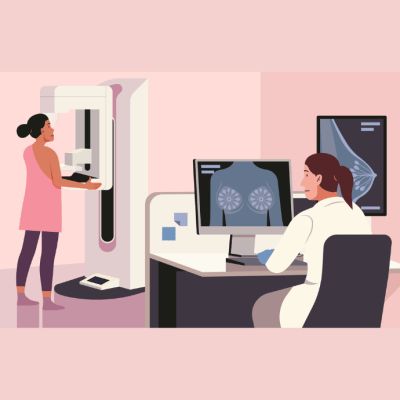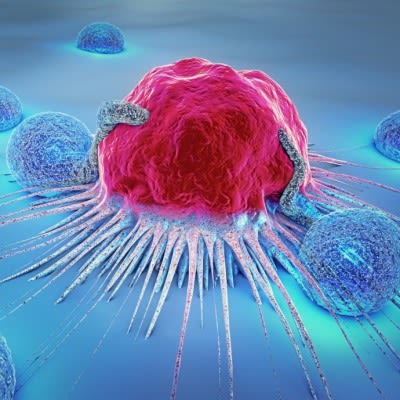The 73rd World Health Assembly (WHA) concluded on 19 May with its delegates adopting a landmark COVID-19 resolution co-sponsored by over 130 countries.
You may also like: Planning Your Surge Capacity: Useful Tools
The resolution calls for intensified efforts to contain the pandemic, availability of all essential health technologies and products, and an independent evaluation of the global response to the pandemic, including the World Health Organization’s (WHO) performance.
The latter comes in the context of the White House blaming WHO for not
acting quickly enough to contain the spread of the COVID-19 outbreak. US
President Donald Trump set a 30-day deadline for the organisation to make
significant reforms or risk
losing funding.
Major Takeaways
WHA convened ministers of health from the majority of countries with 14 heads of state participating in the opening and closing sessions. Their message was clear: the world needs global unity to defeat the pandemic, and this was manifested in the resolution. “The resolution sets out a clear roadmap of the critical activities and actions that must be taken to sustain and accelerate the response at the national and international levels,” said WHO Director General Dr Tedros Adhanom Ghebreyesus. “If implemented, this would ensure a more coherent, coordinated and fairer response that saves both lives and livelihoods.”
Dr Tedros highlighted four priorities set out in the document.
- Fair distributionof all essential health technologies necessary to control the COVID-19 pandemic.
- Prevalence of international treaties, egthe Trade-Related Aspects of Intellectual Property (TRIPS) agreement, over existingintellectual property to ensure wide availability and affordability of health technologies across the world.
- COVID-19 vaccines as global public goods for health.
- Increased research and development cooperation, including a global data pool onCOVID-19 health technologies.
The World Health Assembly will reconvene later in the year.
Taiwan's Bid Postponed
Prior to the meeting, many countries had supported the proposal to include Taiwan as an observer at the WHA. Taiwan eventually decided to abstain from actively vying for its inclusion in the meeting. "After careful deliberation, we have accepted the suggestion from our allies and like-minded nations to wait until the resumed session before further promoting our bid," Foreign Minister Joseph Wu said, noting that the shortened WHA agenda would require available time be exclusively devoted to COVID-19.
Interim Report on WHO’s COVID-19 Response
Shortly before the WHA meeting, an interim report on WHO’s January-April Health Emergency response had been published by the Independent Oversight Advisory Committee (IOAC), led by a former UK Department of Health Director General, Felicity Harvey along with six other senior health policy leaders or advisors from Japan, Canada, Lebanon, India, South Africa and the U.S.
It is emphasised, however, that this is not “a comprehensive
assessment of the WHO COVID-19 response,” but rather “a compilation of
observations” of the structures and processes established by WHO in the context
of the COVID-19 pandemic.
Among
others, the report questions the interactions between member states and WHO and
suggests revising the application of existing international rules and
principles. For example, the IOAC asks whether “member states view [Public
Health Emergency of International Concern] PHEIC
declaration as a sufficiently clear trigger” to act upon; highlights the inconsistency
of data reporting across member states; notes contradictions between WHO
recommendations on travel and restrictive measures actually implemented;
stresses that existing metrics for national and international public health preparedness
do not reflect the complexity of the pandemic response needed; and points out that
many member states failed to implement necessary measures in time.
Another major issue highlighted in the report is the inadequacy
of WHO programme funding, with its substantial proportion earmarked as voluntary
contributions. The IOAC recommends member states revise the current framework. At
the same time, considering President Trump’s intention to permanently suspend
funding, the UN agency is “looking into resolving these financing challenges,”
said Dr Tedros.
One of the IOAC recommendations focusses on the need “for a
multilateral approach to deal with the global regulation of, and access to,
vaccines as they become available, and treatments.” The report suggests that
WHO promote the establishment of an appropriate multilateral governance
mechanism to ensure this goal is achieved.
Assessment of WHO’s performance is welcomed by the IOAC, but
since “global health is a shared responsibility and Member States must play
their part,” the scope of such an assessment “should cover both member states’
and WHO Secretariat’s actions.” The committee, however, cautions that such a
review should be carried out at an appropriate time as currently it could
disrupt WHO’s ability to effectively respond to the pandemic. Notably, such a
review has also been mandated by a European Union-led resolution on COVID-19 response.






















